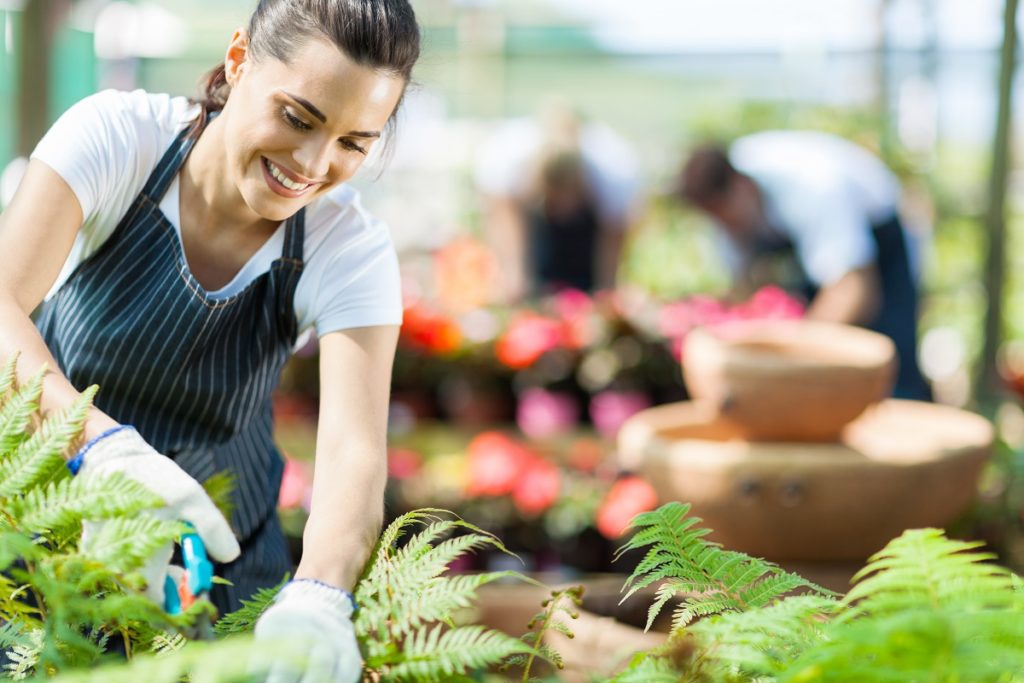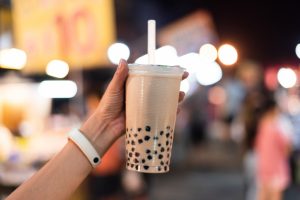The drive to be healthy, aware, and sensitive about one’s health and the environment has never been as strong as now. With global pollution and climate change making their effects known, young people of today are making small but significant changes in their day-to-day life.
While not everyone can be Greta Thunberg, you too can make a big impact on the environment by switching to more natural products. There’s an endless list of items you can substitute for a greener version, but here’s a quick list of four things you can start with.
Canned and Preserved Food
Canning was invented as a way to preserve food and be able to consume produce offseason. However, more preservatives and additives have been dumped on most foods now so they can keep longer and withstand travel. If you’re not living in an area where you need to store food for terrible winters, you can opt to eat fresher and more natural food.
Farmers’ markets are a welcome addition to consumers. These small, sometimes pop up markets, offer mostly organic fare grown or made by the sellers. So instead of buying canned corn or canned peas, opt to buy them fresh and eat them on the same day. You’ll not only be able to get all the vitamins and nutrients, but also enjoy the taste as nature intended.
Beauty, Skin Care, And Personal Care Products
Deodorants, shampoos, lotions, and other skin care and beauty products can be packed with chemicals like sulfates, phthalates, parabens, and their derivatives. The side effects of these harmful substances range from asthma, allergies, to developing certain types of cancers.
This doesn’t mean though that you should stop using personal care items and cosmetics altogether. Just learn to read labels and become a more discerning buyer. Choose brands that sell products with natural ingredients like aloe vera, green tea, cherry blossoms, argan oil, and many more natural beauty ingredients.
Opting for cruelty-free and non-animal tested cosmetics also helps a lot.

Cutlery and Dinner Ware
Starting in January 2019, restaurants in Washington D.C. banned plastic straws in restaurants and other food establishments. Fast-food chains like McDonald’s followed suit, and it soon became a worldwide phenomenon. According to National Geographic, some 8.3 billion plastic straws end up in the oceans each year — and this is just part of 8 million tons of plastic waste.
In the last couple of years, bringing your own metal cutlery, reusable cup, and metal straw has become part of the norm when going out, so you don’t have to use plastic utensils all the time. Coffee shops have started giving small discounts or free refills to patrons who bring their own cups or mugs to enjoy their hot and cold drinks.
In the U.K., even baby food bowls are made out of bamboo, so young children are not exposed to plastics and the chemicals inside them. Using reusable utensils and food and beverage containers will also save you money in the long run.
Household Cleaners
Detergents, disinfectants, insecticides, and cleaners are notorious for containing harsh and harmful chemicals that are detrimental to human health and the environment. All purpose-cleaners, for example, contain ammonia, sodium hypochlorite, and ethylene glycol which are not just irritants but can be poisonous to both animals and humans if ingested.
There are organic and natural alternatives in the market. However, you can also be creative and whip up a batch of your own natural cleaners using lemon, vinegar, baking soda, and a handful of other staples in your kitchen pantry.
The more natural and organic you go, the better for your health and the environment. Convenience is no longer the name of the game; it’s about doing what’s best to save the planet for future generations.





